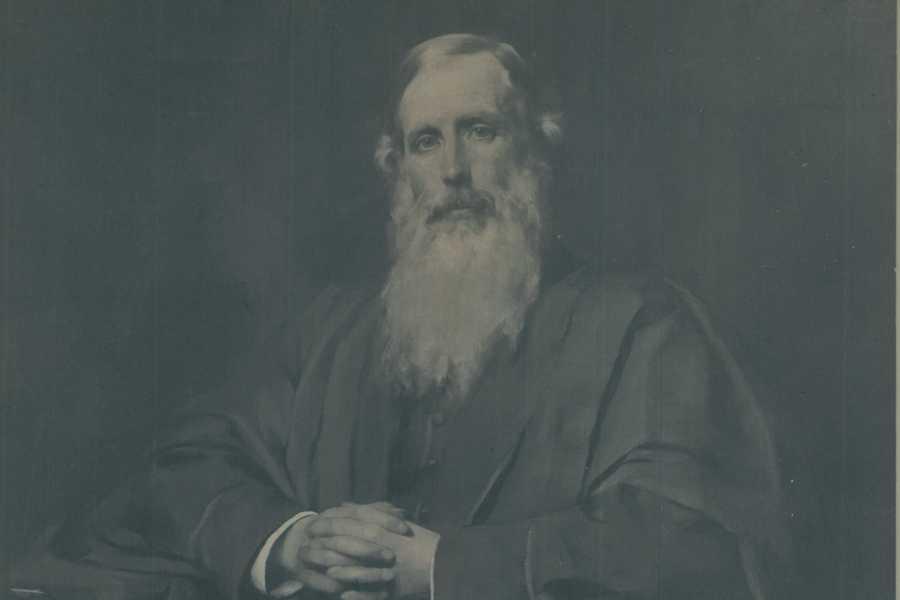Explore the World's Best Ideas
Join today and uncover 100+ curated journeys from 50+ topics. Unlock access to our mobile app with extensive features.
Cultural Relativism And Moral Nihilism
The belief that nothing is morally right or wrong(moral nihilism), and the belief that morals are culture-specific(cultural relativism) seems to be in retreat everywhere. There are 2 motivations for this -
- Moral dogmatism(negative motivation)- those who wish to dogmatically assert their own values without worrying that they may not be as universal as one might suppose.
- Positive motivation: Not believing in any universal values which should be propagated and defended. Allan Bloom worried that this trend would lead us to lose our "selves" or identity across society.
34
551 reads
David Hume
David Hume observed that we can never move readily from scientifically understanding facts about the world to determining what values people should hold to. It became clear that just knowing objective facts about human nature and desires couldn’t necessarily lead us to a clear set of ethical values. This problem was picked up and reformulated by Immanuel Kant
27
528 reads
Immanuel Kant And The Meta-Ethical Problem
Immanuel Kant said that a human being’s innate practical reason gives rise to a universal set of “moral laws” which any rational person knows they must follow.
But even if we know the universal laws, why should we feel compelled to follow them? Kant’s answer was that we must postulate a belief in God and the immortality of the soul and that we simply must push the doubts of pure reason aside to make way for faith. This is the meta-ethical problem.
28
325 reads
Henry Sidgwick and the Profoundest Problem in Ethics
Sidgwick argued that it is happiness that we should take as the motivation for being good. So if happiness was what was intrinsically good, we must, at times, even put our own desires aside to maximize the greatest happiness for the greatest number of people. But what might motivate individual people to do this? Why not do evil if this makes us happy, if we can get away with it, and happiness is all the matters to us intrinsically?
Hence, there would always be a dualism in ethical reasoning between our interest in our own satisfaction and our interest in being impartially good.
24
256 reads
The Self and Self-Interest is What Matters
This claim argues that we have no ethical obligation to act well beyond what makes us personally happy or satisfied. This seems extremely close to making ethics purely subjective.
Philosophers, like Nietzsche, argue that a person truly concerned with their ‘self’ will not pursue vulgar and menial pleasures. Instead, they will strive towards aesthetic greatness and overcoming their more mundane interests. However, this has an unstable foundation and could be misinterpreted(like the Nazis did by connecting the pursuit of aesthetic greatness with cruelty).
25
273 reads
Naturalism and Human Nature
This claim(adopted by authors like Sam Harris) argues that we should use the tools of modern science to assess what human beings want and what their characteristics are, for instance, by looking at evolutionary biology or psychology and develop an ethical framework in accordance with human nature, which most people would accept.
The flaws with this claim are-
- It evades Hume's argument that we cannot know what values we should accept.
- Human beings may not be ‘naturally’ inspired to impartially doing what is good as genetic research indicates that humans are prone to being selfish and irrational.
24
264 reads
The Independent Existence of Value
The final claim is that the values that ‘matter’ in some sense exist independently of us. In this view, ethical values are rather like a mathematical formula. Human beings bring them into existence through developing logical ways of thinking about important issues.
This is as far away from subjectivist or cultural relativism and nihilism as a secular person can get. However, it is also problematic because it is very abstract and metaphysically loaded.
The most passionate defender of such independent values was the late Derek Parfit.
27
242 reads
IDEAS CURATED BY
Purvankit khadatkar's ideas are part of this journey:
Learn more about personaldevelopment with this collection
How to practice self-compassion
How to identify and challenge negative self-talk
How to build self-confidence
Related collections
Similar ideas
10 ideas
11 ideas
10 Philosophical Concepts You Should Know
thecollector.com
9 ideas
Why We All Need Philosophy
markmanson.net
Read & Learn
20x Faster
without
deepstash
with
deepstash
with
deepstash
Personalized microlearning
—
100+ Learning Journeys
—
Access to 200,000+ ideas
—
Access to the mobile app
—
Unlimited idea saving
—
—
Unlimited history
—
—
Unlimited listening to ideas
—
—
Downloading & offline access
—
—
Supercharge your mind with one idea per day
Enter your email and spend 1 minute every day to learn something new.
I agree to receive email updates






